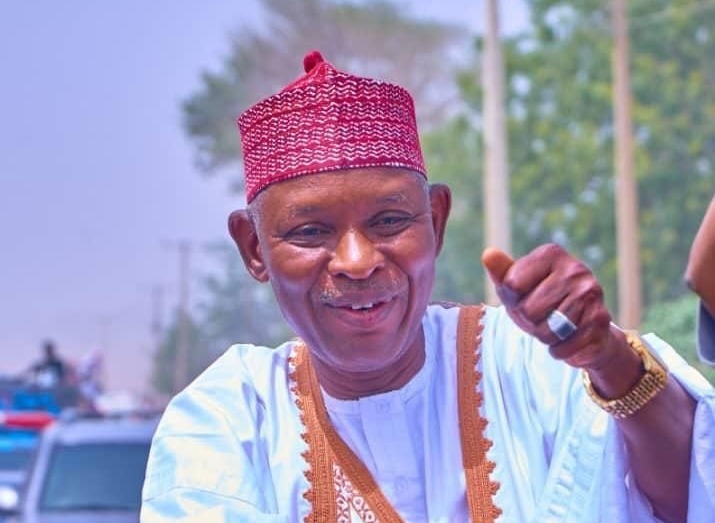The Kano State government, under the leadership of Governor Abba Yusuf, has initiated a legislative process to reinforce societal values and address critical social issues. A bill has been approved for transmission to the State House of Assembly, aiming to prohibit same-sex marriage and other practices deemed immoral within the state’s cultural and religious context. This move underscores the administration’s commitment to upholding Islamic principles and preserving the traditional fabric of Kano society. Governor Yusuf emphasized the government’s responsibility to safeguard the moral integrity of the community and expressed confidence that the legislature would expedite the passage of the bill, recognizing its significance for the overall well-being of the state. This proposed legislation reflects a broader societal debate on the intersection of legal frameworks, cultural norms, and individual freedoms.
The bill specifically targets same-sex marriage, alongside practices locally known as Madugo and Liwadi, which are considered forbidden within the prevalent cultural and religious framework of Kano State. Governor Yusuf has declared a firm stance against any acts perceived as contradicting these established norms, emphasizing the government’s determination to prevent such practices from gaining traction within the community. The proposed legislation outlines strict legal consequences for individuals found guilty of engaging in or promoting these prohibited activities. This initiative highlights the tension that can arise between evolving societal values and deeply ingrained cultural and religious beliefs.
Beyond the realm of social values, the Kano State government is also focusing on strengthening local governance and improving educational access. Governor Yusuf has endorsed a bill designed to grant full autonomy to local government councils within the state. This move aims to empower the 44 local government areas with financial and administrative independence, enabling them to effectively manage resources, implement projects, and make decisions tailored to the specific needs of their communities. The governor views local government autonomy as a cornerstone of good governance, accountability, and grassroots development, emphasizing its role in deepening democratic processes within the state.
This decentralization of power aims to enhance efficiency and responsiveness in local administration, fostering closer connections between government and the people. By empowering local councils to manage their own affairs, the Kano State government seeks to promote a more participatory and inclusive governance model. This initiative reflects a broader trend towards localized decision-making and community-led development, recognizing the importance of empowering local stakeholders to address their unique challenges and opportunities.
Furthermore, addressing the pressing issue of out-of-school children, the Kano State government has allocated a substantial budget for the procurement of free school uniforms. Governor Yusuf approved over N1.1 billion for providing uniforms to all pupils entering Primary One for the 2025/2026 academic session. This initiative aims to alleviate the financial burden on families and encourage school enrollment, particularly among vulnerable populations. By removing this financial barrier, the government seeks to create a more equitable educational landscape and provide all children with the opportunity to access quality education.
This multifaceted approach to governance reflects a broader strategy to address both social and developmental challenges within Kano State. By promoting traditional values, strengthening local governance, and investing in education, the government seeks to foster a more stable, prosperous, and inclusive society. The proposed legislative measures, coupled with targeted investments in education, signal a concerted effort to shape the future trajectory of the state and improve the lives of its citizens. These initiatives will likely continue to be subjects of public discourse and evaluation as their impact unfolds within the diverse and dynamic context of Kano State.














